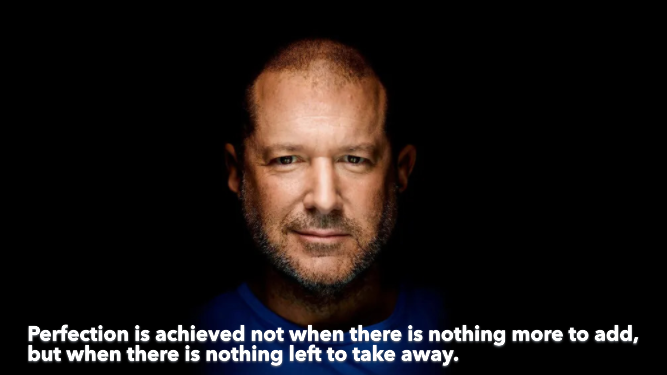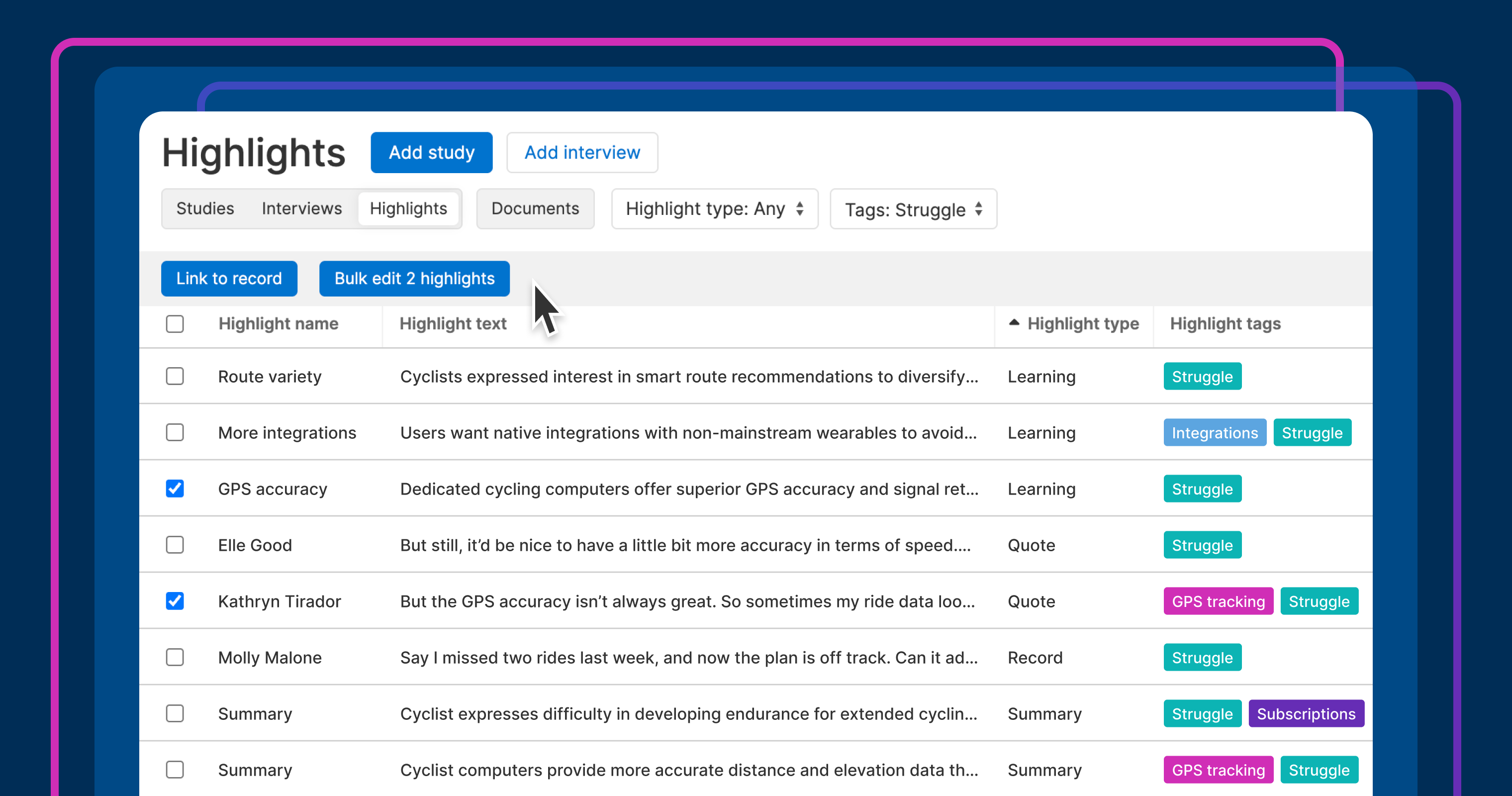I was hired to replace someone who won’t retire, is it unethical to give negative answers after agreeing to be a reference, and more
It’s four answers to four questions. Here we go… 1. I was hired to replace someone who won’t retire In January, I started a job as the financial controller for a small organization. I was excited for the responsibility because I would be taking over for the retiring controller. It’s nearly July, I’m doing all […] The post I was hired to replace someone who won’t retire, is it unethical to give negative answers after agreeing to be a reference, and more appeared first on Ask a Manager.

It’s four answers to four questions. Here we go…
1. I was hired to replace someone who won’t retire
In January, I started a job as the financial controller for a small organization. I was excited for the responsibility because I would be taking over for the retiring controller.
It’s nearly July, I’m doing all the work, but he still has not retired. I’ve gotten all good feedback, but we disagree often, so it’s becoming harder to be patient and keep doing things his way, not mine. He now plans to retire but then stay on for several months in a “limited capacity,” maintaining account access and authorities. The president knows of some of my frustration and our differing approaches, but the he doesn’t like to contradict the controller.
I’m the third person they have had in this role in less than two years (he’s been trying to retire for a while), and they (of course) wanted someone for the long term. But ultimately the job is too easy, there is little to no opportunity to grow my skills, and I’m not aligned with many of the president’s decisions, including his handling of this transition. I plan to lay low until I find something else. Any advice?
Yeah, assume that guy isn’t retiring any time soon. I’d say that even without the history of the two hires before you — but you’re the third person who’s been hired to replace him and he didn’t manage to leave for any of them. For whatever reason, he’s not going anywhere and the company isn’t pushing to fulfill their promises to you.
I suppose it you want to give it one clear shot, you could talk to the president and lay out your concerns — “I’m the third person who’s been brought in to replace him, it’s been six months and he’s not making any moves to leave, and I’m not able to do the job I was hired for. This is not sustainable, and I need a clear timeline on filling transitioning me into the role I came on to do.”
Related:
I was hired to run a department — but the old boss is still there, 10 months later
2. Responding when someone needs to cancel a meeting because of war
I work in a large public institution that employs many international professionals, a large percentage of whom are from an area that’s currently at war. So far this year I’ve had to cancel multiple meetings because my colleagues’ families were being bombed in their home countries, and with everything going on I know this is not likely to stop. How on earth does one write an email that is appropriate for work and reflects that we are not close, but conveys my sorrow that they are dealing with this? I do a fair amount of activism surrounding the injustice of the violence their families are enduring outside of work, and I know they are facing an incredible amount of discrimination on top of everything, partially from our organization. I’d really like them to know that my team supports them and wants to accommodate them as they prioritize and focus on their family’s safety, without sobbing into the void every time I get the email asking to cancel. This sucks.
Express empathy and say that you understand and hope their families are safe. For example, if someone explains they have to cancel a meeting because of what’s happening, you can reply: “Of course, please take all the time you need. We understand the situation and are here when you are ready. I’m so sorry this is happening and I hope your family is safe.” Depending on the context, you could also ask if you can take any work off their plate.
3. Is it unethical to give negative answers after agreeing to be a reference?
Last month a college housemate of mine, Blake, reached out asking for our former landlord’s contact information to use in a job application that apparently required extensive past housing references. I gave him this information but pointed out that as I was the head tenant of this house — in charge of subletting out individual rooms — the landlord never knew anybody living there beyond myself. Blake asked to put my information down instead, which I agreed to.
The other day I received an email from the job Blake applied for, which turns out to be law enforcement-related and asked more detailed questions relating to Blake’s character than I expected for a housing reference to be asked. Many I could answer positively or at least neutrally, but a few gave me pause, such as, “Would you trust this candidate with the safety of yourself or others?” and “how does this candidate react in stressful situations?” and “do you think this candidate would be equipped to handle duties relating to protection of the public?”
During the time I lived with Blake, we had a problem housemate who I had to kick out of the house due to her combativeness and refusal to pay rent after moving in. The night after she was given notice, she ambushed me with several of her friends while I was home alone and had two of the men corner me in the living room and intimidate me into saying she could stay. During this confrontation, Blake arrived home, took a look at us in the living room, and retreated to his room without a word. He did not come out again until hours after I’d finally gotten the “attack dogs” to leave.
This incident is now almost eight years in the past, but I’m finding it hard to speak even neutrally about Blake’s character when it comes to these areas. I asked one friend what she would do, and her opinion is that since I agreed to be a reference, it would be unethical to undermine his chances of getting the job by responding negatively. I’ve also never been in the position to give someone a negative reference and don’t know if it’s considered unprofessional to bring long-past personal drama into my answers. What would be the right thing to do here?
Your friend is wrong. You agreed to be, essentially, a landlord reference, which normally means confirming the person paid on time and didn’t destroy the house. You had no idea you were being asked to be a character reference and to comment on the things you ended up being asked. Moreover, the stakes are extremely high for public safety jobs; under no circumstances should you shade the truth or speak more positively about a candidate for law enforcement than you actually feel. (For that matter, I’d argue the same is true for regular job references too; good references are nuanced, not just glowing across the board, and you could agree to give someone a generally positive reference and still end up being asked a question that you didn’t have a super positive answer to.)
Now, all that said, I’m not sure how significant the incident you recounted with Blake really is here. When he came home, was it clear you were being intimidated and didn’t feel safe? Or could he have had no idea what was going on? If it’s the latter, I don’t think it’s really relevant to the reference. If it’s the former, it still might not be that relevant eight years later — but you’re being asked to share what you knew back when you lived with him, so it would still be appropriate to share that experience and let them sort out what it should mean.
4. What’s the point of setting goals for my job?
I feel like I’m completely out of touch with corporate reality. I have worked in IT and IT adjacent positions for over 20 years. My only real goal has been to do my job well enough that others are happy with my performance. I don’t want a promotion. I don’t particularly want more responsibility. But every year, I’m asked to come up with goals and asked to align them with whatever the latest corporate-speak is.
What am I missing here? My current job isn’t going to change much — I support an existing system, I get my project work done on time, I’m responsive to any tickets I receive, I help others if I can. I’m not in a position to move anything forward or get new clients or anything like that. So what should I write?
Your goals should be about what you’ll achieve over defined period of time (in this case, it sounds like a year). What would successful performance look like during that period? If you imagine you’re at the end of the year and you and your manager are looking back on how they year went, what metrics or outcomes would indicate to both of you that you did your job well? For some jobs, those goals will be more or less the same every year — which for work like yours might be things like “tickets are answered as completely and accurately as possible within X hours for urgent tickets and within X hours for high priority tickets,” “all staff feel comfortable using our software and systems to do their jobs effectively,” “no employee will ever lose more than X hours of productive work time due to technology difficulties,” etc. — i.e., descriptions of what doing your job well (as opposed to doing it at a middling or poor level) looks like.
The post I was hired to replace someone who won’t retire, is it unethical to give negative answers after agreeing to be a reference, and more appeared first on Ask a Manager.











































































































![Building A Digital PR Strategy: 10 Essential Steps for Beginners [With Examples]](https://buzzsumo.com/wp-content/uploads/2023/09/Building-A-Digital-PR-Strategy-10-Essential-Steps-for-Beginners-With-Examples-bblog-masthead.jpg)













































